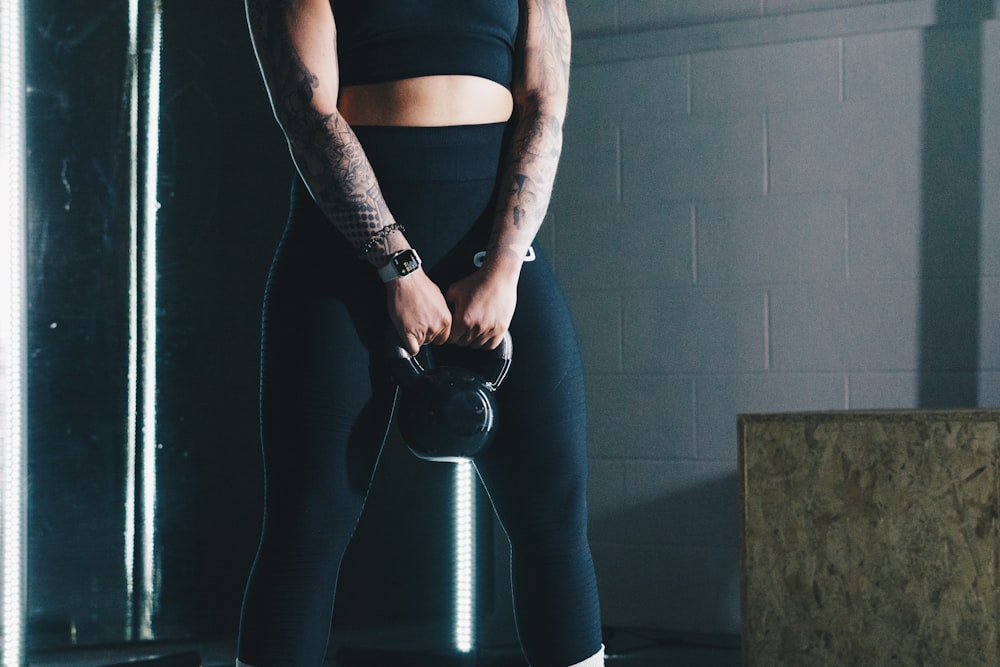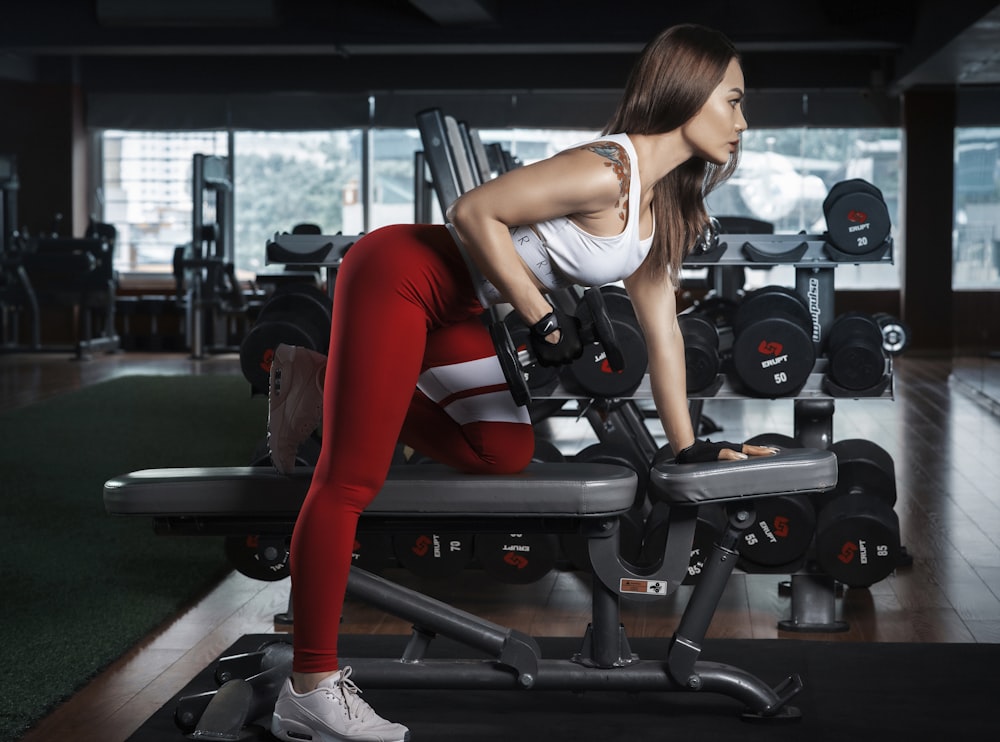Hydration Essentials for Intense Training Sessions
Hydration Hacks: Stay Refreshed During Workouts
Understanding the Importance of Hydration
Staying hydrated during workouts is not just about quenching your thirst; it’s a crucial aspect of optimizing your performance and ensuring your body functions at its best. Water plays a vital role in regulating body temperature, transporting nutrients, and flushing out toxins. Without proper hydration, you may experience fatigue, cramps, and a decline in overall athletic performance.
Pre-Workout Hydration Tips
To set yourself up for success, it’s essential to hydrate adequately before starting your workout. Aim to drink at least 16 to 20 ounces of water a few hours before exercising. This helps ensure that your body is well-hydrated and ready to tackle the physical demands of your workout. Avoid chugging large amounts of water right before exercising, as this can lead to discomfort and may disrupt your workout.
During-Workout Hydration Strategies
During your workout, it’s crucial to maintain a steady intake of fluids to replace the water lost through sweat. Sip on water or a sports drink every 15-20 minutes, especially during intense or prolonged exercise sessions. Sports drinks can be beneficial as they contain electrolytes like sodium and potassium, which help replenish what your body loses during sweating. However, be mindful of the sugar content in sports drinks and opt for lower-sugar options if possible.
Choosing the Right Hydration Tools
Investing in a quality water bottle or hydration pack can make it easier to stay hydrated during workouts. Choose a bottle that is easy to carry and allows for convenient access to fluids. Hydration packs are ideal for longer workouts or outdoor activities where access to water sources may be limited. Find what works best for you and make sure to keep your hydration tools clean and hygienic.
Hydration and Performance
Proper hydration is directly linked to athletic performance. Dehydration can lead to decreased endurance, muscle cramps, and fatigue, all of which can hinder your ability to perform at your best. By prioritizing hydration, you give your body the fuel it needs to push through challenging workouts and reach new milestones in your fitness journey.
Post-Workout Hydration and Recovery
After completing your workout, don’t forget about the importance of post-exercise hydration. Drink water or a recovery drink containing electrolytes to replenish fluids and aid in muscle recovery. Pay attention to signs of dehydration, such as dark urine or persistent thirst, and continue hydrating throughout the day to support your body’s recovery process.
Hydration and Environmental Factors
Environmental factors like heat and humidity can significantly impact your hydration needs during workouts. In hot conditions, you may need to increase your fluid intake to account for increased sweating and fluid loss. Pay attention to your body’s cues and adjust your hydration strategy accordingly to ensure optimal performance and safety.
Hydration Myths Debunked
There are several myths surrounding hydration and exercise, such as the belief that drinking too much water is always beneficial. However, excessive water intake can lead to a condition called hyponatremia, where the sodium levels in your









